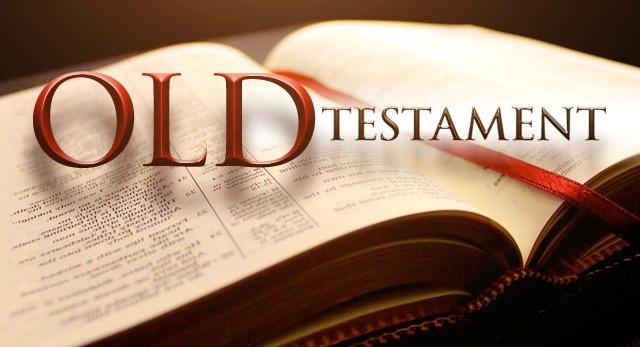The Old Testament of the Bible is filled with the writings of the prophets who spoke God's message to His people. Among these prophets were the Major Prophets, a group of four prophets who wrote some of the longest and most significant books of prophecy in the Bible. These prophets are Isaiah, Jeremiah, Lamentations, and Ezekiel, and their messages are still relevant and meaningful today. In this article, we will explore the Major Prophets through a comparative chart study.
Isaiah
Isaiah is known as the "Prince of Prophets" and is considered one of the most important prophets in the Bible. His book is divided into two parts: chapters 1-39, which focus on the impending judgment of Judah and Israel, and chapters 40-66, which speak of the coming of the Messiah and the restoration of God's people. Isaiah's prophecies often use vivid imagery and poetic language to convey his message.
Jeremiah
Jeremiah was a prophet who ministered during the time of the Babylonian exile. His book is the longest in the Bible and is known for its emphasis on repentance and judgment. Jeremiah's prophecies often use personal experiences and emotions to convey his message, and he is often referred to as the "weeping prophet" due to his sorrow over the disobedience of God's people.
Lamentations
Lamentations is a collection of five poems that were written in response to the destruction of Jerusalem by the Babylonians. The book is a lament over the destruction of the city and the suffering of its people. The author of Lamentations is not known for certain, but it is traditionally attributed to Jeremiah.
Ezekiel
Ezekiel was a prophet who ministered to the exiles in Babylon. His book is known for its use of vivid and sometimes bizarre imagery to convey his message. Ezekiel's prophecies focus on the judgment of God's people and the restoration of Israel. He is also known for his vision of the dry bones, which is a powerful symbol of the restoration of God's people.
Comparing the Major Prophets
By comparing the books of the Major Prophets, we can see some similarities and differences in their messages. All four prophets speak of God's judgment and the need for repentance, but they each have their unique style and emphasis. Isaiah and Ezekiel both speak of the coming of the Messiah and the restoration of God's people, while Jeremiah's focus is on repentance and Lamentations laments the destruction of Jerusalem.
In conclusion, the Major Prophets are an essential part of the Old Testament and their messages are still relevant today. By studying their books through a comparative chart study, we can gain a deeper understanding of their messages and how they fit into the larger narrative of God's plan for humanity. May we continue to be inspired by their words and seek to live in obedience to God's will.




